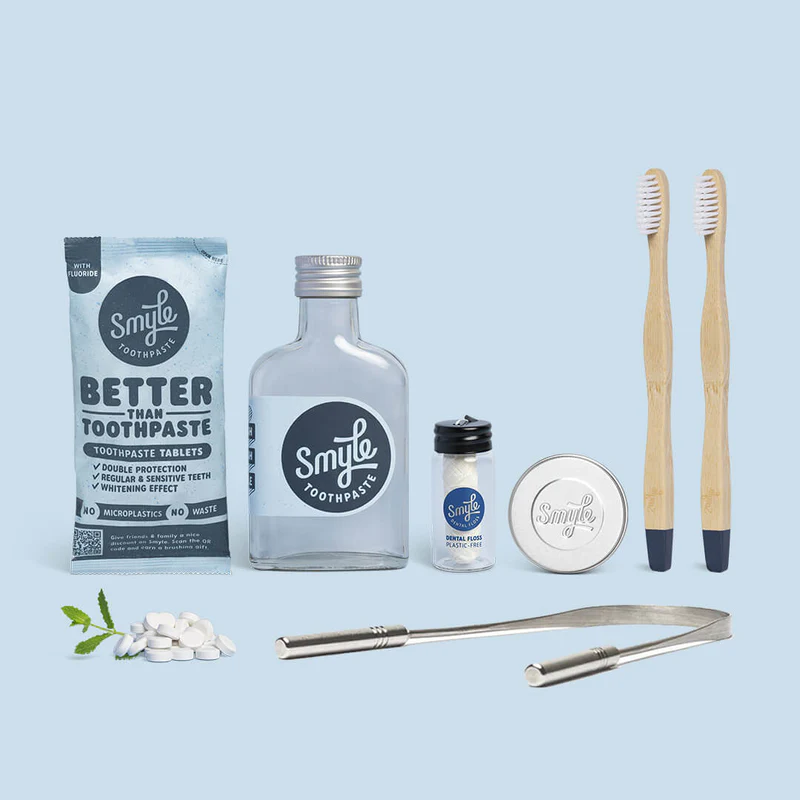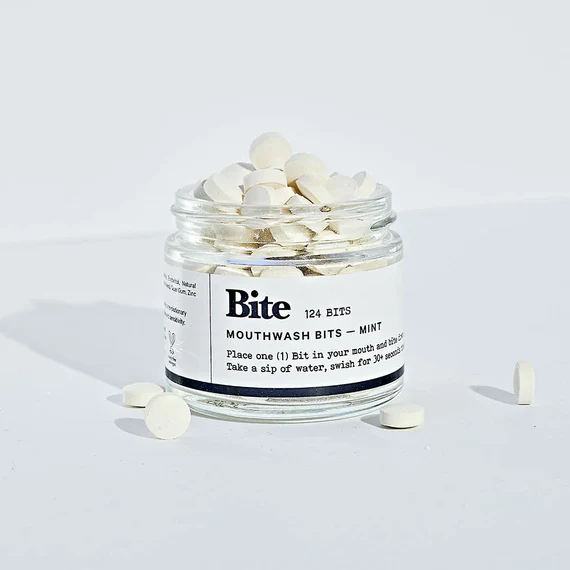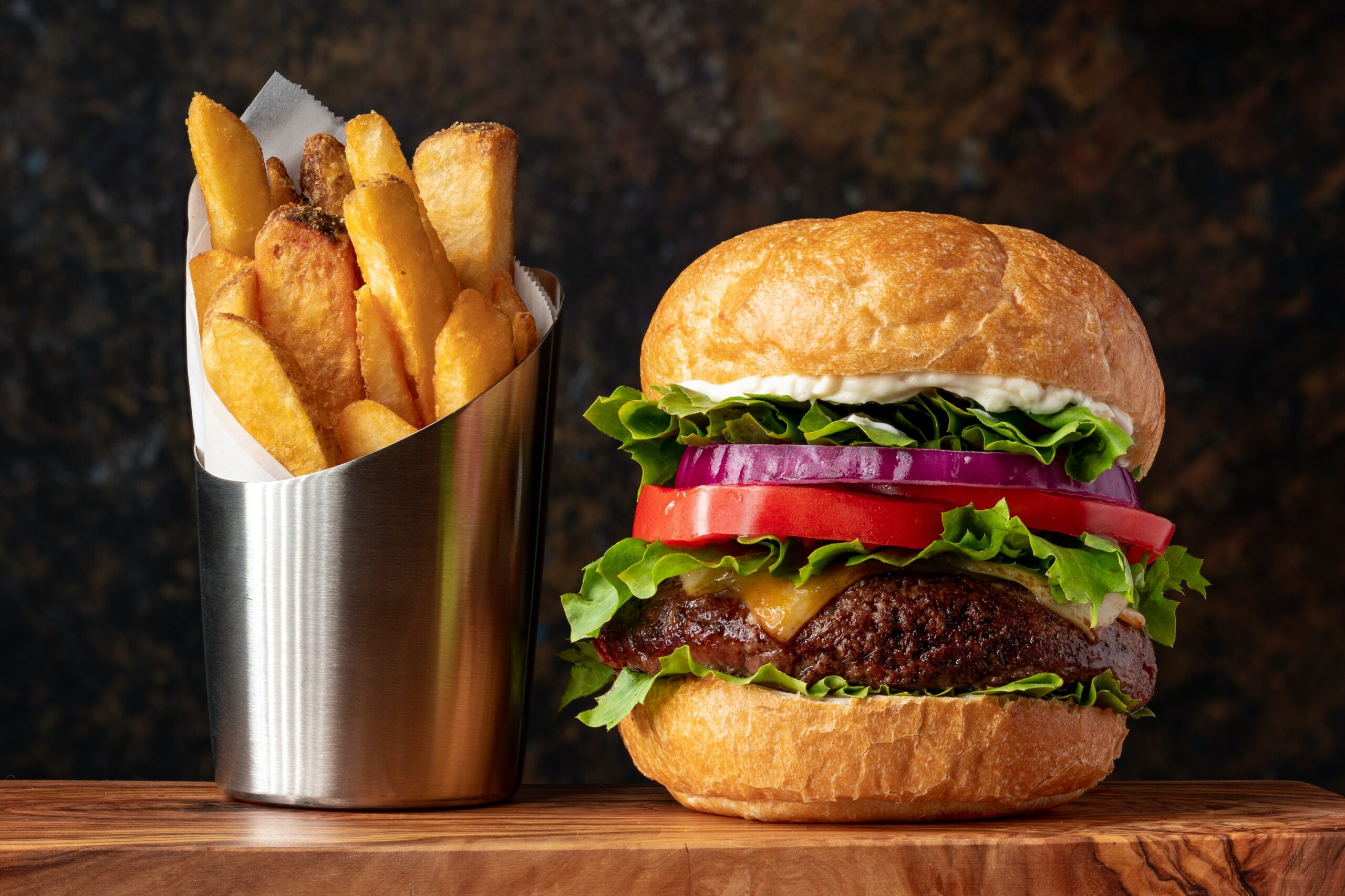As person that is trying to live in a healthier, smarter and more sustainable way, I started worring not only about my health in a direct way but also trying to become a better an more informed consumer.
I will share with you some of the practices I’m implementing (or trying to implement) and some product that I choose to buy (after long long nights researching).
Toothpaste is an essential part of our daily oral hygiene routine, promoting oral health and a bright smile. However, the convenience of toothpaste often comes at a significant cost to the environment. The vast majority of toothpaste tubes are made of non-recyclable plastic, contributing to the global plastic waste crisis and posing a severe threat to our ecosystems. This article explores the environmental damage caused by toothpaste in plastic packaging and highlights potential sustainable alternatives.
Plastic Pollution and Toothpaste Tubes
Toothpaste tubes are typically composed of a combination of plastic and aluminum, making them challenging to recycle. As a result, most toothpaste tubes end up in landfills or, worse still, as plastic waste in our oceans and waterways. Plastic pollution poses a severe threat to marine life, as animals can mistake plastic debris for food or become entangled in it, leading to injury or death. Additionally, the breakdown of plastic into microplastics further threatens ecosystems, as these tiny particles are consumed by marine organisms and can enter the food chain, ultimately affecting human health.
Energy Consumption and Greenhouse Gas Emissions
The production of plastic toothpaste tubes requires significant amounts of energy and resources. The extraction and refinement of petroleum, the primary raw material for plastic, contribute to carbon emissions and environmental degradation. The manufacturing process for toothpaste tubes further consumes energy and releases greenhouse gases, contributing to climate change. The cumulative effect of these emissions exacerbates global warming and its associated environmental consequences.
Lack of Recycling Infrastructure
The non-recyclable nature of toothpaste tubes presents a significant challenge to waste management systems. While some companies have introduced initiatives to facilitate toothpaste tube recycling, the infrastructure necessary for recycling these tubes on a large scale is still lacking in many regions. Consequently, the majority of toothpaste tubes end up in landfills or incineration facilities, further contributing to pollution and environmental damage.
Sustainable Alternatives
Recognizing the need for more eco-friendly alternatives, several companies have begun exploring sustainable toothpaste packaging options. One promising solution is toothpaste tablets or powders packaged in compostable or biodegradable materials. These innovative alternatives not only reduce plastic waste but also minimize the environmental impact associated with production and transportation.
Furthermore, some brands are introducing toothpaste tubes made from recyclable materials such as high-density polyethylene (HDPE). Unlike traditional plastic tubes, HDPE tubes can be recycled and used to produce new products, reducing the demand for virgin plastic.
As for me, I decided not to buy (except in case of emergency), traditional toothpaste anymore and I’m using one of this two products that I order from internet, made by two great companies: Bite and Smyle both also certified as B-Corporations.


They both offer not only toothpaste alternative but also other sustainable ecological products like toothbrushes, dental floss, and other products. Visit their website to discover more and try this new way to take care of your oral hygiene.
Consumer Responsibility and Awareness
As consumers, we have a crucial role to play in reducing the environmental damage caused by toothpaste packaging. By making informed choices and supporting brands that prioritize sustainability, we can drive change in the industry. Opting for toothpaste products packaged in recyclable or compostable materials, such as glass jars or cardboard boxes, can significantly reduce our individual plastic footprint.
Additionally, we can advocate for better waste management systems and encourage governments and manufacturers to invest in recycling infrastructure for toothpaste tubes. Increased awareness and education about the environmental impact of toothpaste packaging can also empower individuals to make more sustainable choices and spur broader societal change.
Conclusion
Toothpaste packaged in plastic tubes has contributed to the growing plastic waste crisis and the resulting environmental damage. However, with the increasing recognition of these issues, sustainable alternatives are emerging. By supporting brands that prioritize eco-friendly packaging solutions and making conscious choices as consumers, we can collectively mitigate the environmental impact of toothpaste packaging. It is our responsibility to take action now to preserve our planet for future generations and promote a more sustainable future.



